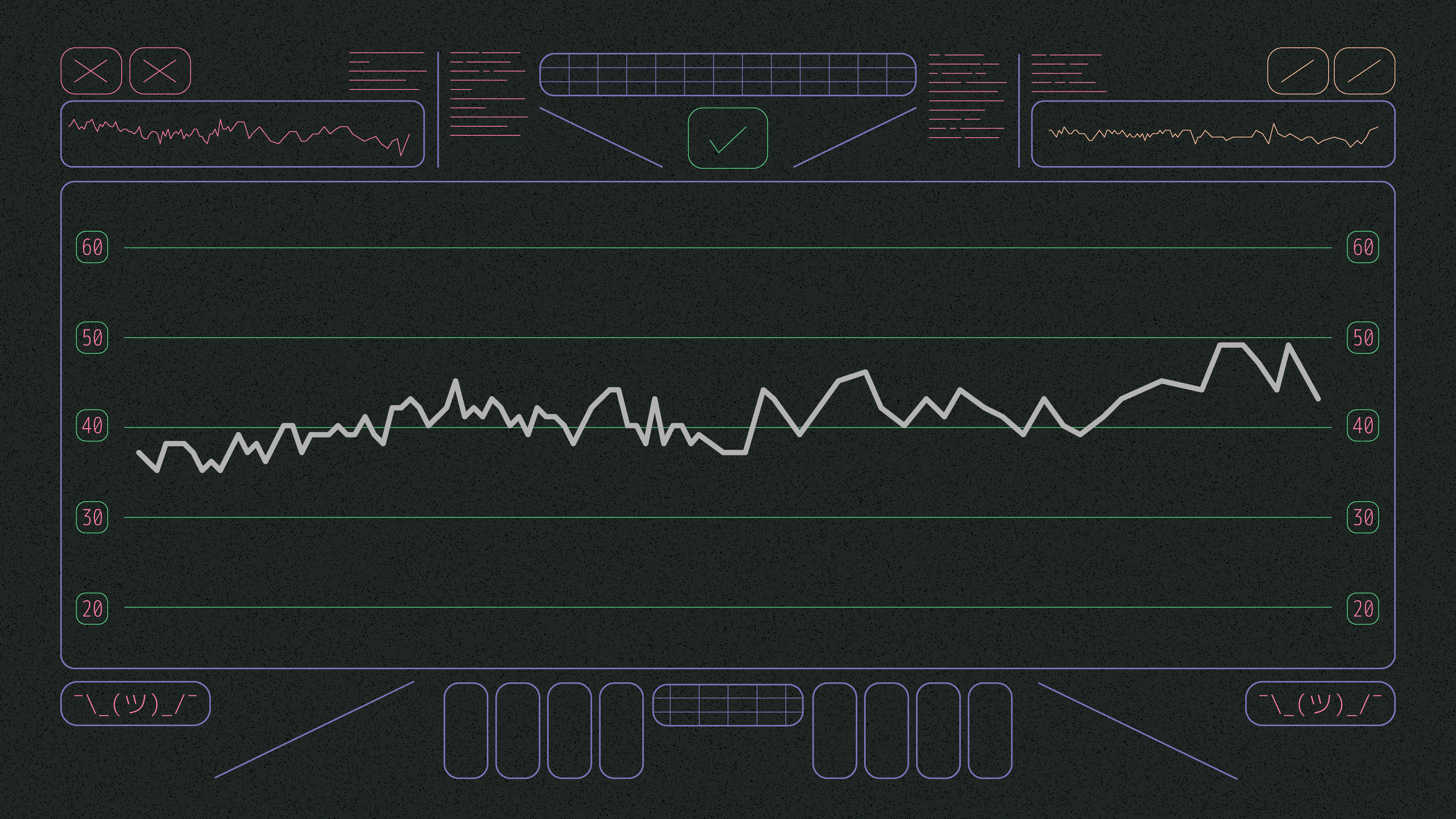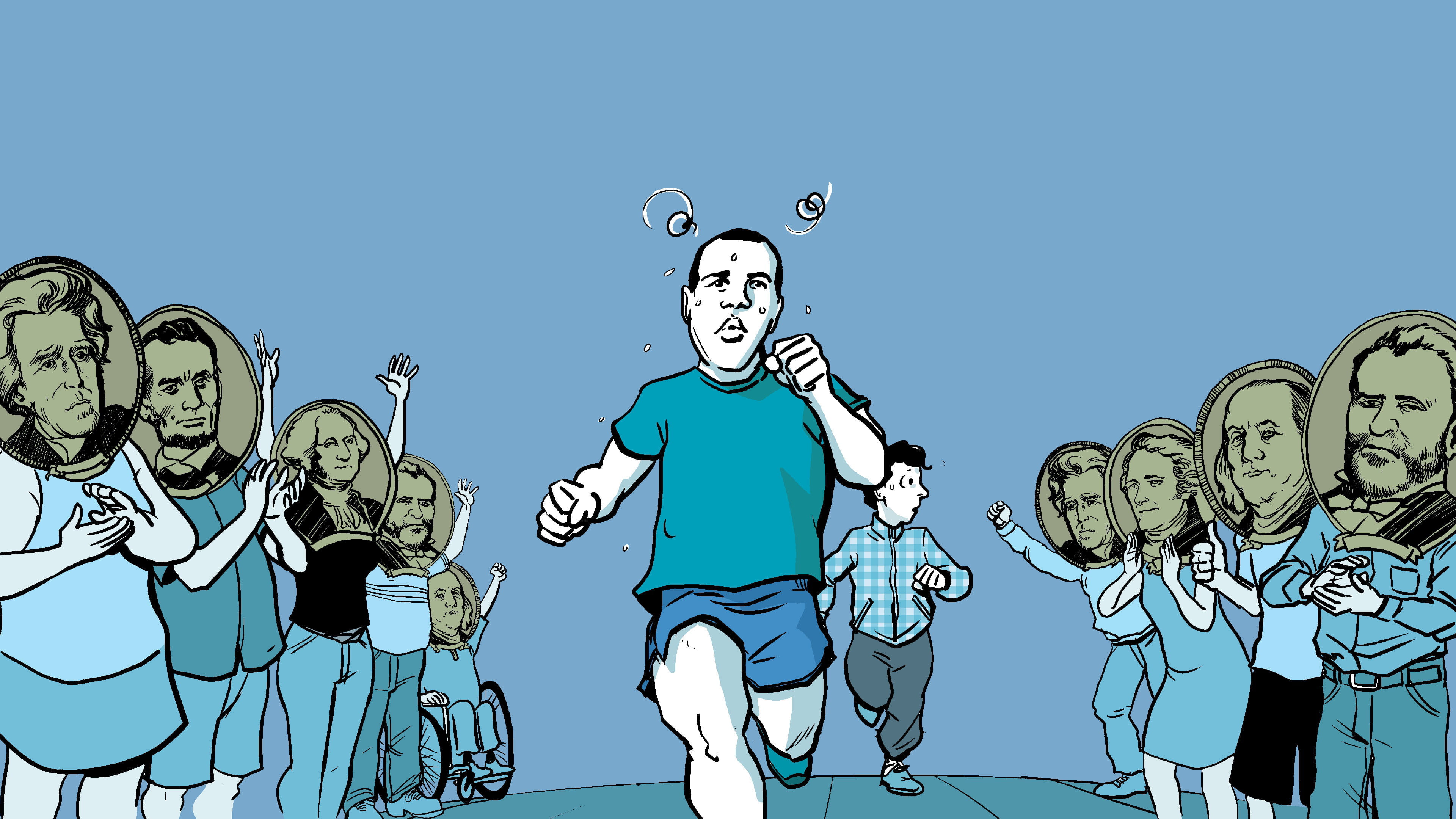US elections are box office hits. Every four years, an entire machine revs into action. Media analysts and talking heads breathlessly comment on the stakes. The stakes are always higher than they’ve ever been before. The debates between the candidates are vivisected in great detail. Voters who have not yet made up their minds become the most sought after people in the country.
Tension-raising vernacular dominates the headlines more than any other time of the year. States are “swing”, moments are “pivotal”, outcomes will be “historic”. All coverage is shot through with the gravity of decision: “America Decides” serves as the most popular title for TV news coverage. And eventually, the countdown starts, literally, on the corner of the screen, as anchors and pundits and radio hosts tell us only X days to go!
Yes, US presidential elections are, in some ways, important. Unlike the UK, for example, where the head of government is not elected directly, US Americans get to choose the head of government and the party in power in one fell swoop. The outcome matters to them and the rest of the world.
But the way these elections are covered – the hyperbole and emphasis on the importance of this single day in the history and trajectory of the country – is much less a function of how exceptionally transformative the event is and more the projection of a news media that is fixated on spectacle.
States are ‘swing’, moments are ‘pivotal’, outcomes will be ‘historic’
As journalist Michael Hobbes recently put it quite aptly: “‘Election night’ is an invention of TV, not democracy”. US presidential elections are the logical, and ultimate, consequence of a media ecosystem optimised for the daily churning out of content and analysis around “spikes” in the news cycle. And elections are the biggest spike of all.
That’s why every four years, for a decently long period, news media cruise into their comfort zone. Elections employ and occupy an entire population of pollsters, analysts, reporters and writers (including, ironically, me at this very moment). Elections are cheap and formulaic to cover. You have a captive audience that has been primed into a sense of urgency, tuning into a high-octane feed that is narrating what are procedural events, all using the language of intense exceptional activity.
And for this sense of drama to be plausible, for the media to maintain the illusion of its significance, its interpretive power and privileged access to crucial information that the consumer does not have, the importance of the election has to be overemphasised. Repeatedly.
The most important election in a generation?
And one thing is for certain: no election in recent memory has fallen subject to the dramatisation of its significance as much as the one that is taking place right now.
The cast, of course, helps.
An orange ogre from a fairytale has terrorised the kingdom for four years, rampaging through its sacred land. All attempts to bring him down made not a dent in his power. He allows a pandemic to ravage his people and he himself succumbs to the disease for only a few days before he returns.
Whatever happens tomorrow, neither Biden nor Trump alone have the power to dictate the long-term trajectory of the country
But hark, over the hill comes a hero from the past, from a bygone era of peace and prosperity under a benign leader, thought to have been lost forever, and he has the power to slay the beast, and deliver the nation. In one scenario there is salvation; in the other, a deeper plunge into darkness and chaos.
But away from that fairytale plot, here’s the reality: whatever happens tomorrow, neither Biden nor Trump alone have the power to dictate the long-term trajectory of the country. That power resides, and has always resided, not in the single figure of the president but the day-to-day decisions of the US people, and the choices made by those who can either enable a president, or cripple them.
What determines the future of the United States, and indeed, the world at large, occurs in the everyday. It happens not on voting day on Tuesday, but on Wednesday, and every day after that, until the next election.
Why Trump and the corporate media are a perfect match
Under Trump, it seemed like a lot was happening. And a lot was, but when one compares the volume of events to how much of an impact they really have had on the future shape of the country, it is clear that Trump was more about noise and the suspension of norms than genuine irreversible change to the US.
It is in the combination of Trump’s violations and a media set up to cover and amplify deviant behaviour that the sense of a nation captured was created. Donald Trump and the corporate news media are a perfect match. He needs and thrives on the attention. They need and thrive on his deviance.
The art of that deal is in his acting out on a regular basis, creating spikes that can then be covered. He feeds the short attention spans that are required for such media to keep consumers hooked, and the content he delivers is then passed on in what has now become a tried and tested formula of soundbites.
But when carefully scrutinised, Trump’s power really is mostly in the realm of monopolising attention. On the ground, Trump’s flagship policies so far – the Muslim ban, the empowerment of ICE, the tax cuts – have either been watered down or are reversible.
It is in the combination of Trump’s violations and a media set up to cover and amplify deviant behaviour that the sense of a nation captured was created
Upon closer inspection, even Trump’s most indelible mark, the conservative majority of the Supreme Court, looks less like a bleak predictor of a state in which the country is dominated by a minority extreme right-wing position. On almost all legislation that is feared to be rolled back – LGBTQ+ rights, abortion, and the rights of undocumented immigrants – conservative judges have provided the majority to a decision that leaned towards progressive.
And four years later, Mexico never did pay for that wall.
Trump’s main departure has not been in policy, but in protocol. In a country where so much relies on protocol, such divergence from it can make a stark difference. The US is a country where the elite rituals and mannerism of its political offices are sacrosanct. Unable to deliver the smooth rhetorical addresses required of him, unfit and unwilling to smooth his edges to fit the mould of his office, Trump delivered hundreds, maybe thousands, of incidents over the past four years that shattered the pristine traditions of US politics.
From the day of his inauguration, where George W Bush was caught on camera sniggering to Michelle Obama, and then said to Hillary Clinton that Trump’s address was “some weird shit”, Trump’s optics dominated analysis. Meanwhile, Bush, a man who launched an illegal war that continues to claim lives and destabilise an entire region, is scrutinised less and less.
Neither candidate guarantees an outcome
This is explicitly not to say that there is no material difference between Joe Biden and Donald Trump. There are significant differences between the two, both in posture and policy.
But framing that difference as a choice between two futures for America is a grave exaggeration. And to heap such significance on this election is to trigger two responses: unrealistic hope or profound cynicism. Those who say one election will not change anything and that there is no deliverance for America are suffering from high expectation burnout. Those who expect a bright new Trump-free future are headed for disappointment.
If there is any one who should teach us to temper our expectations of US elections, it is the man who preceded all this noise and disorder – Barack Obama. It could be argued that the election of Obama was a more radical and transformative event than the election of Donald Trump. The disruptive positive energy of his first campaign, the racial watershed it signalled, the very length of his tenure, seemed to indicate that the country had undergone some fundamental change in direction.
And yet Obama made way for Trump. Behind him lurked the forces of the alt-right and white supremacy. The progress that brought Obama to power happened not in the days of his campaign, but in the years and decades before that – when civil rights and progressive incremental wins paved the way for the ascent of an African American to the highest office. The same applies to Trump, who also is not an anomaly, not a fluke who benefited from a quirky election, but a culmination of years and decades of unaddressed racial tension and the entrenchment of voter apathy.
Life is what happens when we’re all watching TV
Again, this is not to be confused with the sort of false equivalence that was common during the 2016 elections – the sort that perceived Hillary as a hawk and so anti-left that she essentially was a Republican. Trump’s four years in power have heaped misery on migrants from central and South America, allowed a pandemic to grow unchecked, and seriously aggravated race relations leading to a rise in hate crime. None of this would have happened under Hillary Clinton.
But the fundamentals, the big legacies that will affect future generations – climate change, race relations, the influence of corporate lobbyists, and the foreign policy calculus – remained broadly within narrow margins of difference. That’s because as powerful an office as the US presidency is, it is still pretty much constrained, or empowered, by the consensus of the president’s party, and a vast hinterland of legislature and judiciary that plot the way.
And outside that office still lies an entire nation whose decisions in aggregate determine the direction of the juggernaut that is the United States. You cannot see the ship turning; it is happening at an imperceptible pace. Only over the years and decades, the movement becomes clear.
The way nations transform, the way their values become progressive and regressive, happens at a speed that the news media is not designed to capture. And so we focus on Trump’s tweets, on Biden’s gaffes, and above all, on Election Night 2020.
Life is what happens when we’re all watching TV.
Power resides outside the office of the president
The overemphasis on the presidential election as the sole determinant of a country’s fortunes creates not only a fake sense of urgency but also an unnecessary sense of disempowerment. It is important to remember that the decisions that people make in their daily lives and their ability to campaign and vote for representatives continue.
Climate change prevention, a cause that will suffer under a Trump reelection, can still be supported – if not through government legislation, then by the actions and behavioural adjustments of millions of people in the US and beyond. There’s no reason those millions of individuals cannot enact their own climate change policies and practices. It has been happening for years – and it can continue, and indeed, accelerate, for years to come.
By the same token, just as Trump doesn’t necessarily ring the death knell of the climate change movement, a Biden presidency does not necessarily usher in an age of accord to heal the divides of the past four years. The Black Lives Matter movement was founded in 2013, under the country’s first black president. It will not pack up and leave after Biden’s election.
The progress that enabled the Black Lives Matter founders and activists to carve out the space and media profile to establish a global movement happened under both Republican and Democrat presidents – and it can continue to do so with every president that is yet to come.
So indeed, tomorrow America Decides. But it is just one decision. When the cameras pack up and return to the studio, millions and millions of decisions will be made the next day and the day after – uncovered by the media, but even more significant in impact.
Dig deeper
 The real story of US democracy isn’t the drama. It’s the complete unresponsiveness to it
Democracy in the United States has often been declared at risk – if not actually dead, then at least on life support. But American democracy isn’t dead, it’s in a deep and worrying coma.
The real story of US democracy isn’t the drama. It’s the complete unresponsiveness to it
Democracy in the United States has often been declared at risk – if not actually dead, then at least on life support. But American democracy isn’t dead, it’s in a deep and worrying coma.
 Why the US political system is designed to elect the best fundraisers, not the best candidates
With the 2020 US elections set to cost a staggering $11bn, we know that American politics works for the wealthy and powerful. So what is it like to take on a rigged system if you’re the underdog without money and the right connections?
Why the US political system is designed to elect the best fundraisers, not the best candidates
With the 2020 US elections set to cost a staggering $11bn, we know that American politics works for the wealthy and powerful. So what is it like to take on a rigged system if you’re the underdog without money and the right connections?

